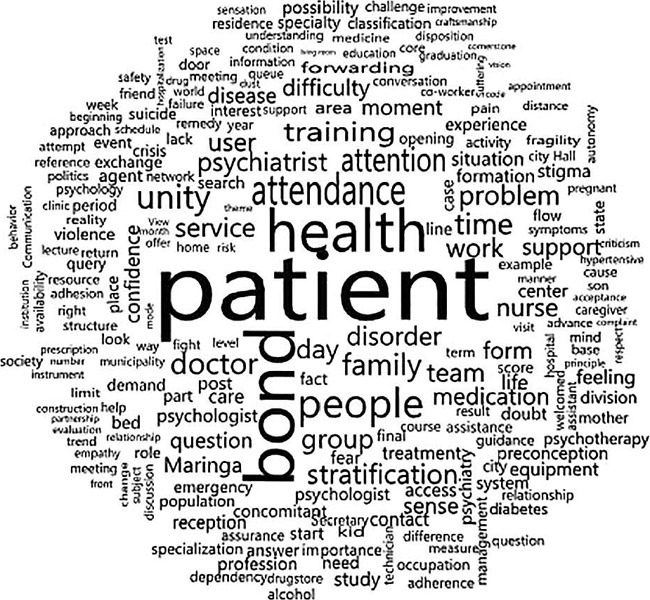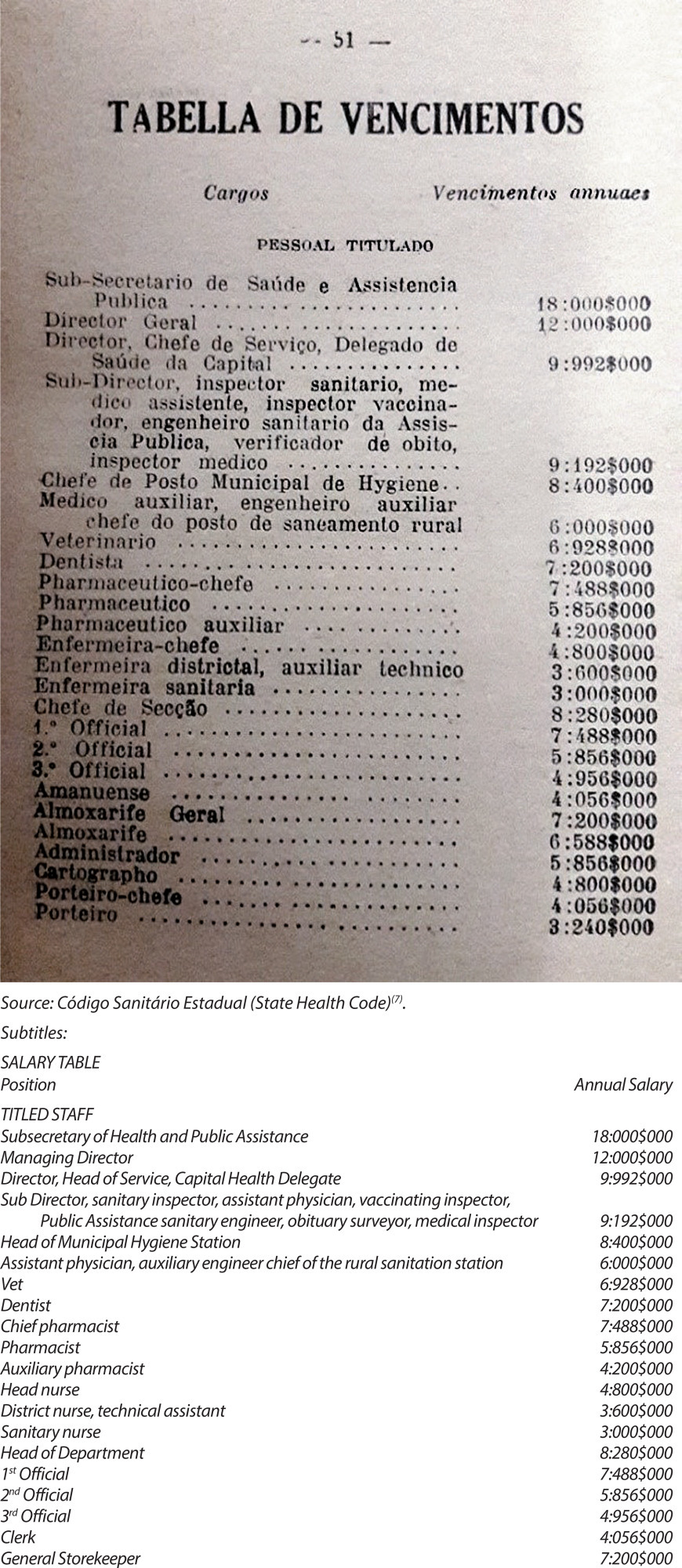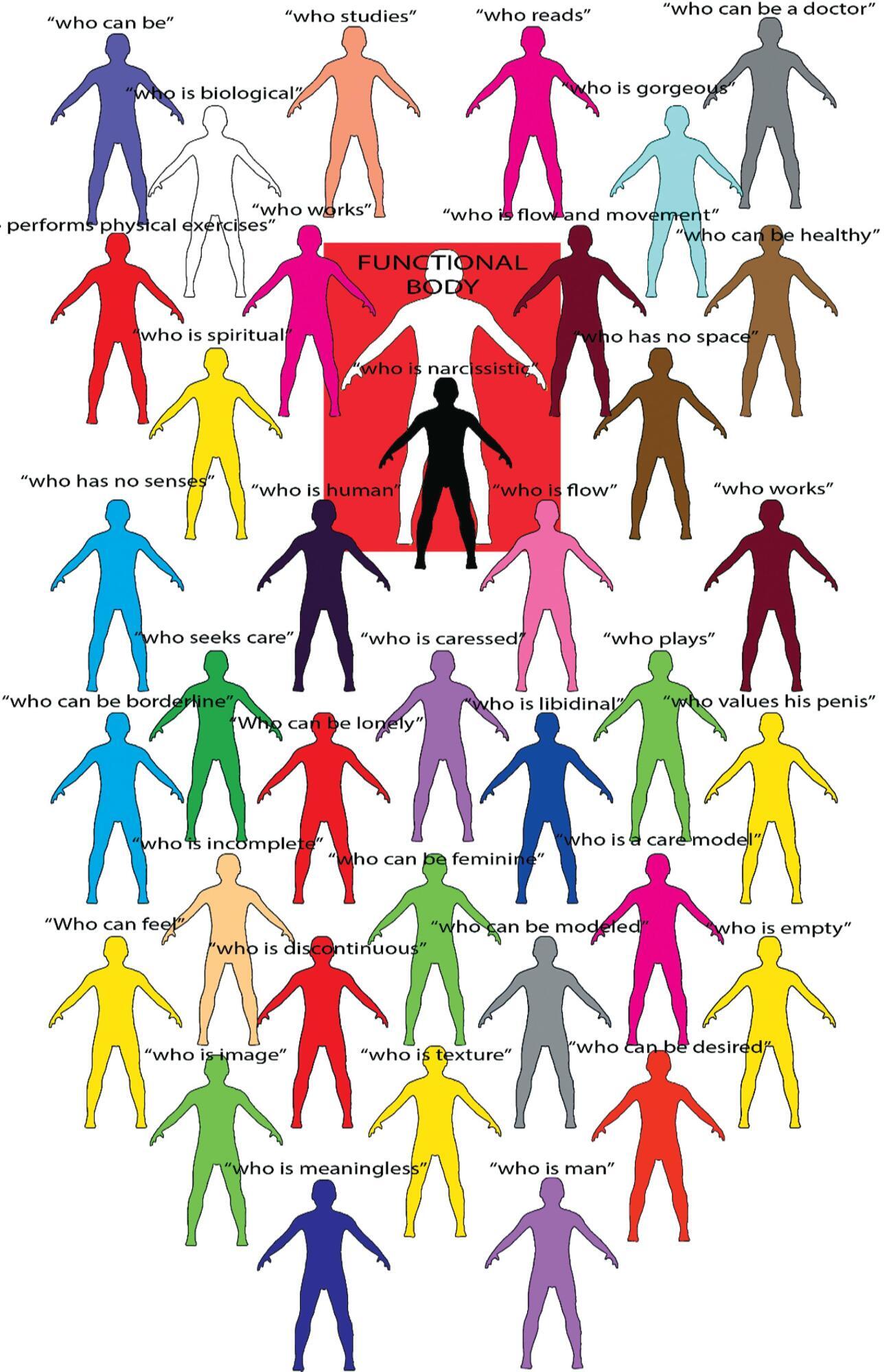-
ORIGINAL ARTICLE
Health Management of an HIV Testing and Counseling Center: Nursing Contributions
Revista Brasileira de Enfermagem. 2024;77(1):e20230217
03-15-2024
Resumo
ORIGINAL ARTICLEHealth Management of an HIV Testing and Counseling Center: Nursing Contributions
Revista Brasileira de Enfermagem. 2024;77(1):e20230217
03-15-2024DOI 10.1590/0034-7167-2023-0217
Visualizações0Ver maisABSTRACT
Objectives:
to analyze the role of nursing in the establishment of an HIV/AIDS Testing and Counseling Center in a Brazilian municipality.
Methods:
a historical study utilizing primary sources, including documents and oral accounts, involving a total of ten participants. The study encompasses the years 1997 and 1998. The research took place at the Testing and Counseling Center in São João de Meriti. Data was collected from March to May 2022.
Results:
nursing made significant contributions through the development of training initiatives led by nurses, who were also responsible for individual and group counseling, as well as HIV testing requests.
Final Considerations:
nursing played a crucial role in the center and in the management of Sexually Transmitted Infections, being involved in all stages of treatment in accordance with current public health policy.
-
ORIGINAL ARTICLE
Mental health assistance in Primary Care: the perspective of professionals from the Family Health Strategy
Revista Brasileira de Enfermagem. 2022;75(suppl 3):e20190326
11-26-2022
Resumo
ORIGINAL ARTICLEMental health assistance in Primary Care: the perspective of professionals from the Family Health Strategy
Revista Brasileira de Enfermagem. 2022;75(suppl 3):e20190326
11-26-2022DOI 10.1590/0034-7167-2019-0326
Visualizações0ABSTRACT
Objective:
To learn about the perceptions of the professionals who work in Primary Health Care about mental health care.
Methods:
Descriptive and qualitative study, carried out with 29 health workers through open and individual interviews. The IRaMuTeQ® software was used to organize the data which, then, was submitted to a content analysis process in the thematic modality.
Results:
Three classes emerged from the content analysis: “Perceptions about the mental health care provided in the city”, “The biomedical paradigm in mental healthcare”, and “Elements for the construction of a new way for professionals to act in mental health”.
Final considerations:
It was found that, despite the good infrastructure of the services and the elements pointed at by the professionals to create a new way to act, they do not do so, and the responsibility falls, mostly, on the psychologist to carry out these activities.
Palavras-chave: Family Health StrategyHealth PolicyMental Health AssistenceNursingPrimary Health CareVer mais
-
ORIGINAL ARTICLE
Integrality and comprehensiveness of service provision in Primary Health Care in Brazil (2012-2018)
Revista Brasileira de Enfermagem. 2021;74(2):e20200500
05-28-2021
Resumo
ORIGINAL ARTICLEIntegrality and comprehensiveness of service provision in Primary Health Care in Brazil (2012-2018)
Revista Brasileira de Enfermagem. 2021;74(2):e20200500
05-28-2021DOI 10.1590/0034-7167-2020-0500
Visualizações0ABSTRACT
Objectives:
to analyze comprehensiveness elements in Primary Care in Brazil, between 2012 and 2018, considering preventive and assistance aspects, pointing out advances and obstacles to its improvement in different contexts.
Methods:
a retrospective longitudinal study using data from the Brazilian National Program for Improving Access and Quality in Primary Care. 15,378 teams were selected that participated in both 1st and 3rd cycles of the program.
Results:
improvements were found in the prevalence of teams that ensure preventive and assistance care for priority groups, who develop promotion actions, offer essential procedures, including oral health, carry out home visits, receive support from Extended Family Health and Primary Care Center, offer integrative and complementary practices and develop intersectoral actions.
Conclusions:
there has been an improvement in comprehensiveness in Primary Health services, but problems remain that still need to be faced for their improvement.
Palavras-chave: Comprehensive Health CareHealth EvaluationHealth PolicyHealth ServicesPrimary Health CareVer mais -
ORIGINAL ARTICLE
Nurse contribution to the construction of health policy in the state of Bahia (1925-1930)
Revista Brasileira de Enfermagem. 2021;74(1):e20200369
04-09-2021
Resumo
ORIGINAL ARTICLENurse contribution to the construction of health policy in the state of Bahia (1925-1930)
Revista Brasileira de Enfermagem. 2021;74(1):e20200369
04-09-2021DOI 10.1590/0034-7167-2020-0369
Visualizações0Ver maisABSTRACT
Objective:
to analyze the contribution of nurses to the construction of health policy in the state of Bahia, from 1925 to 1930.
Methods:
qualitative research, from a historical nature. Data were retrieved from five public archives, organized in a documentary corpus, and analyzed based on the health political analysis and the social control concepts, health policy and public health.
Results:
from 1925 to 1930, the State seized the work of the woman/nurse and established it in public health. This fact enabled the nurse’s contribution to the construction of the health policy of the state of Bahia, which took place by the implementation of sanitary education actions, home visits and hygienic surveillance.
Final considerations:
the female nurse’s work made the health policy of the state of Bahia viable and was an ideal instrument to access homes and instruct/advise people in their daily lives to adopt behaviors that prevent the occurrence and, above all, the spread of diseases.

-
ORIGINAL ARTICLE
Organization and planning for the creation of the HIV testing and counselling center
Revista Brasileira de Enfermagem. 2021;74(1):e20200615
03-24-2021
Resumo
ORIGINAL ARTICLEOrganization and planning for the creation of the HIV testing and counselling center
Revista Brasileira de Enfermagem. 2021;74(1):e20200615
03-24-2021DOI 10.1590/0034-7167-2020-0615
Visualizações0Ver maisABSTRACT
Objectives:
To analyze the process of creating the HIV Testing and Counselling Center in the municipality of Nova Iguaçu, in the state of Rio de Janeiro.
Methods:
qualitative research, with a historical approach. The direct sources consisted of written documents and 11 oral testimonies.
Results:
in order to create this Testing and Counselling Center, investment was made in the implementation of a Municipal Management Unit for the STD/AIDS Program; in the elaboration of the Project for the Creation of the Testing and Counselling Center; in the process of attracting, selecting and training human resources; and choosing the right place for its operation.
Final Considerations:
the nurse who coordinated this investment had the support of the authorities of that municipality and had an authorized speech on HIV/AIDS in the municipality of Nova Iguaçu; planned each stage of this service and used effective strategies to create the Testing and Counselling Center.
-
REFLECTIVE
In defense of the Unified Health System in the context of SARS-CoV-2 pandemic
Revista Brasileira de Enfermagem. 2020;73(Suppl 2):e20200247
07-10-2020
Resumo
REFLECTIVEIn defense of the Unified Health System in the context of SARS-CoV-2 pandemic
Revista Brasileira de Enfermagem. 2020;73(Suppl 2):e20200247
07-10-2020DOI 10.1590/0034-7167-2020-0247
Visualizações0Ver maisABSTRACT
Objective:
To discuss the political and structural conditions for establishing the Unified Health System (UHS – Sistema Único de Saúde, SUS) in coping with the SARS-CoV-2 pandemic.
Methods:
Theoretical-reflection study.
Results:
At the first moment named “The global and the local in facing the SARS-CoV-2 pandemic” is presented the health crisis that took place worldwide and the government actions to combat COVID-19. A second moment named “Between dismantling actions and resistance, the UHS is the best way to face the SARS-CoV-2 pandemic”, reflects on the neoliberal attacks on the health system and how it resists, remaining the main pandemic response strategy.
Conclusion:
The strengthening of democracy and the defense of the UHS are the way out of the crisis. It is believed that this reflection generates - in everyone who deals with caretaking - the political action, the ethical attitude, the desire for valorization and the spirit of struggle in defense of the UHS and human life.
-
ORIGINAL ARTICLE
Knowledge of primary health care professionals on health policies for the riverside population
Revista Brasileira de Enfermagem. 2020;73(5):e20190080
07-01-2020
Resumo
ORIGINAL ARTICLEKnowledge of primary health care professionals on health policies for the riverside population
Revista Brasileira de Enfermagem. 2020;73(5):e20190080
07-01-2020DOI 10.1590/0034-7167-2019-0080
Visualizações0ABSTRACT
Objectives:
to analyze the knowledge of health professionals on the health policies for the riverside population; identify how health practices with this group are developed; and discuss facilitators and barriers for the implementation of these policies.
Methods:
qualitative and descriptive study with 24 professionals from the Riverside Family Health Strategy Teams in the city of Belém-Pará. Data were collected in individual interviews and analyzed by Content Analysis.
Results:
although professionals demonstrate knowledge about public health policies, there is a need to expand and strengthen knowledge about health policies for the riverside population. The activities directed to the communities took place in the Unit itself, and some did not occur due to insufficient material and human resources.
Final Considerations:
the greatest barrier for the organization of health care is the lack of material and human resources, and the most prominent facilitator was the union and cohesion of the health team.
Palavras-chave: Delivery of Health CareFamily Health StrategyHealth PolicyPrimary Health CareVulnerable PopulationsVer mais -
ORIGINAL ARTICLE
Men’s knowledge on body care: a cartographic study
Revista Brasileira de Enfermagem. 2020;73(5):e20180988
07-01-2020
Resumo
ORIGINAL ARTICLEMen’s knowledge on body care: a cartographic study
Revista Brasileira de Enfermagem. 2020;73(5):e20180988
07-01-2020DOI 10.1590/0034-7167-2018-0988
Visualizações0Ver maisABSTRACT
Objective:
to identify men’s knowledge on body care.
Method:
it is a cartographic study with a qualitative approach. The research was conducted with 70 men in the city of Boa Vista, state of Roraima. The strategy for data production was called the meeting. Participants were encouraged to think about epistemic units, care and body, from models that were recorded and their meanings transcribed for content analysis according to Bardin.
Results:
282 units of decoded records such as body hygiene, sexual health and physical exercise were evidenced. In the decoding units, the conscious, functional male body is discussed, which serves for health professionals to think about caring approaches.
Final considerations:
cartographic forays allowed the male body to be recognized for its functionality, with structured knowledge on care in three dimensions: body hygiene, sexuality and sports practices.




